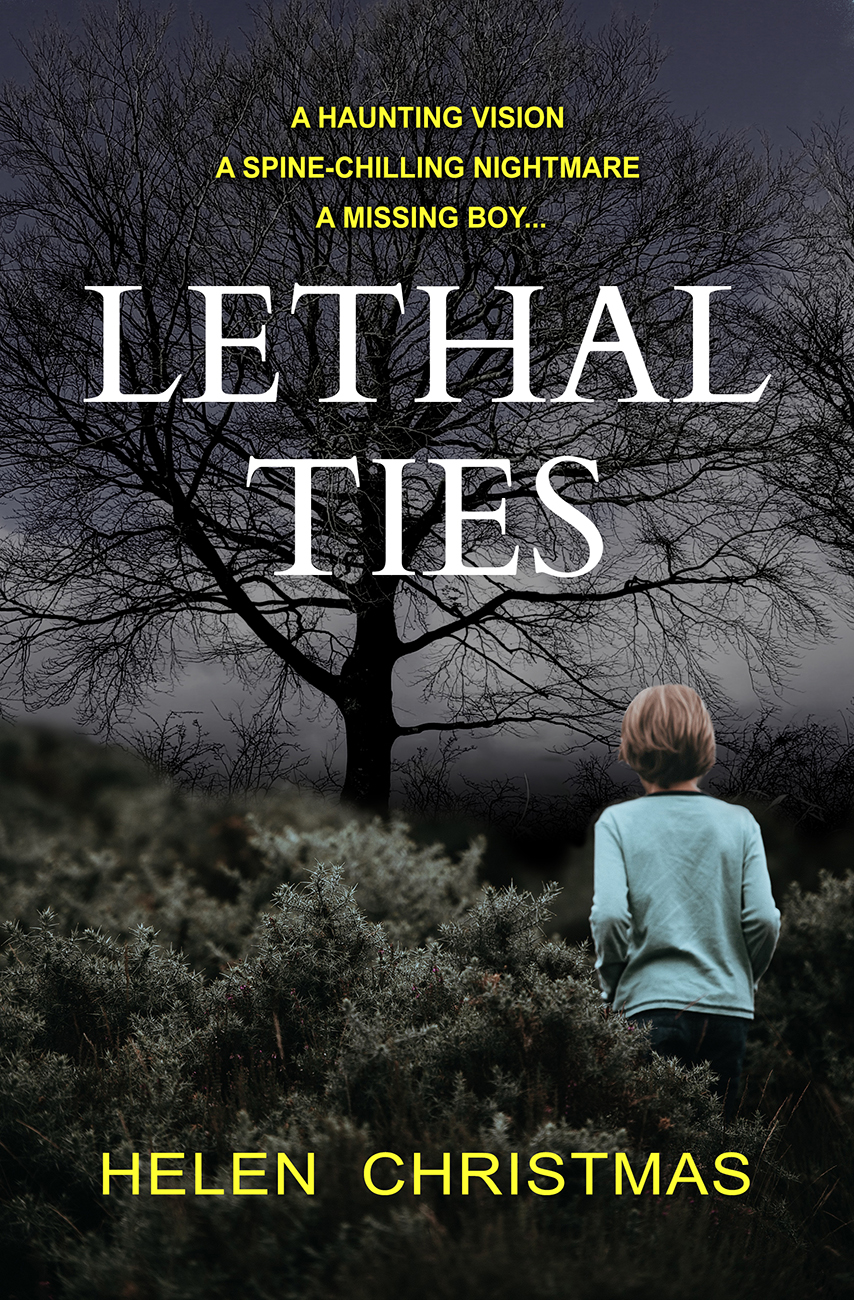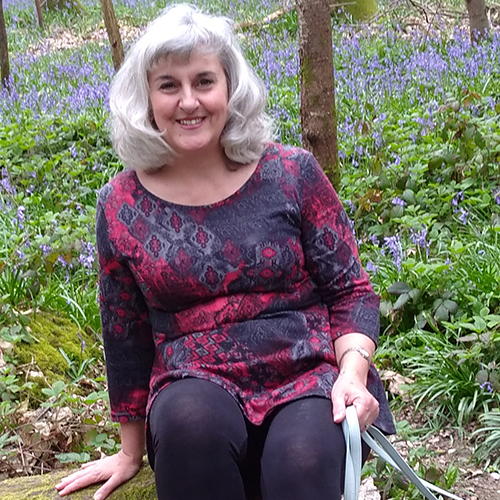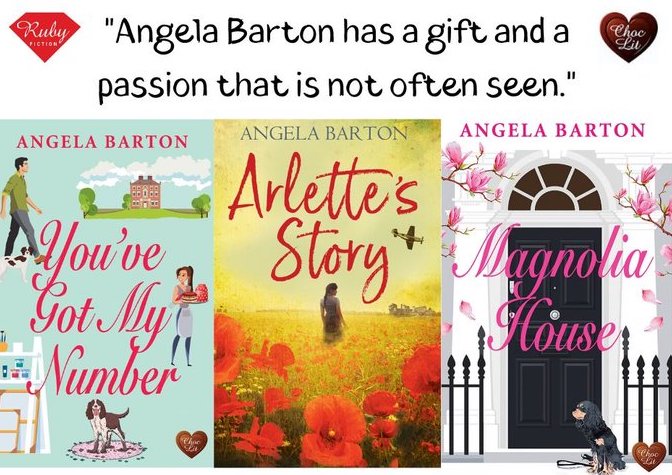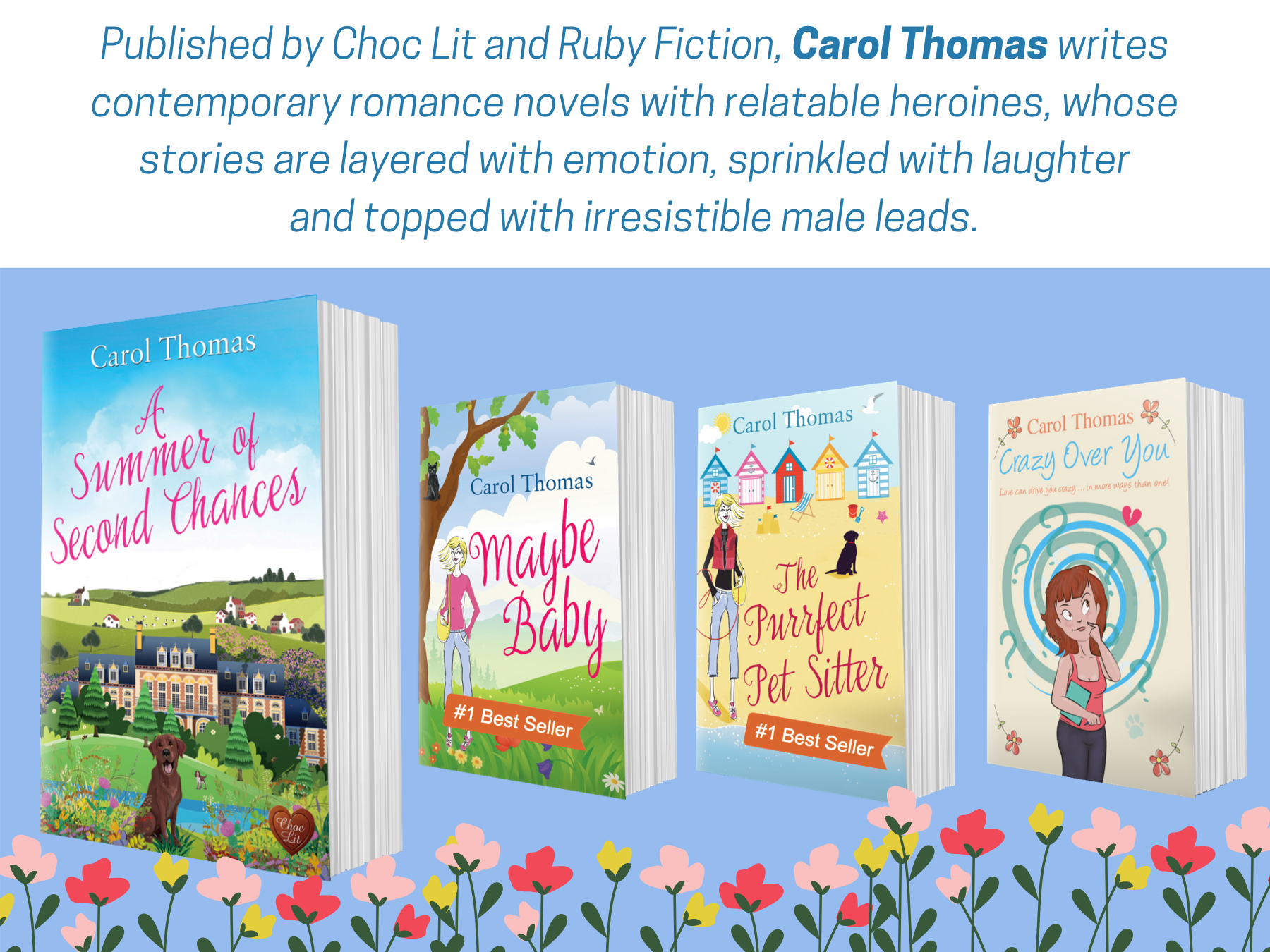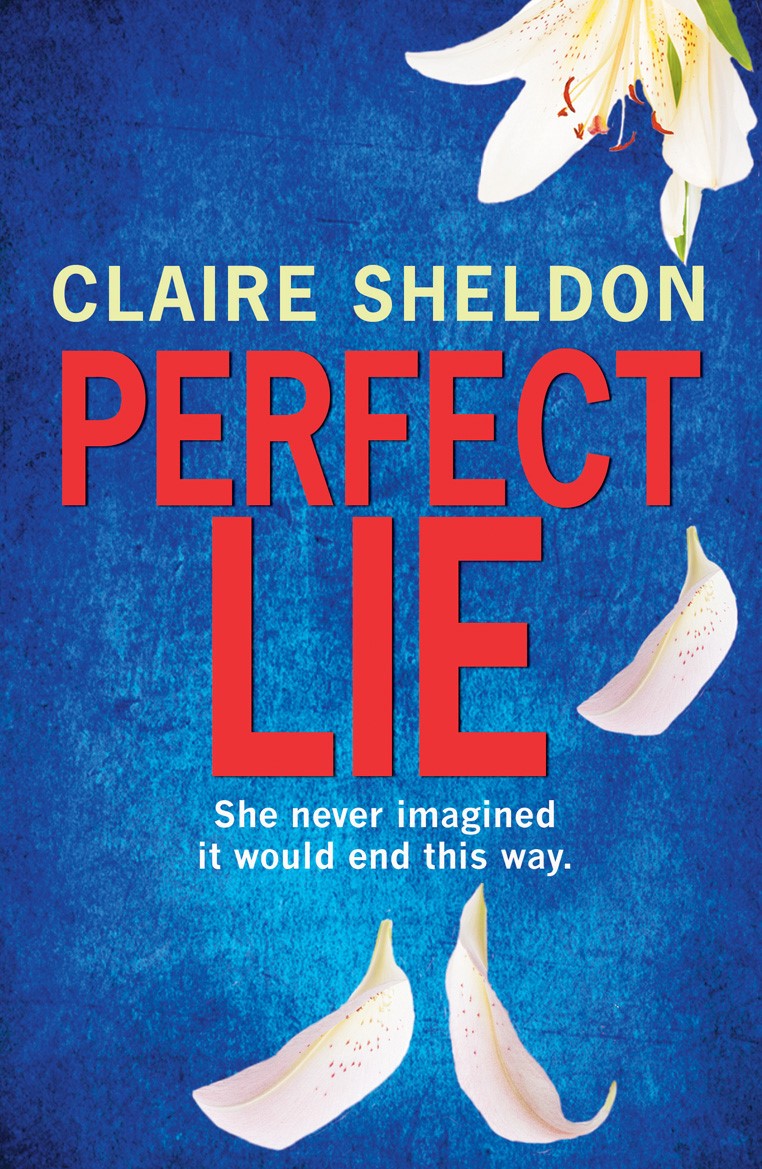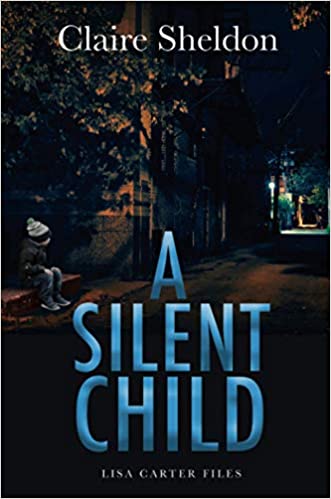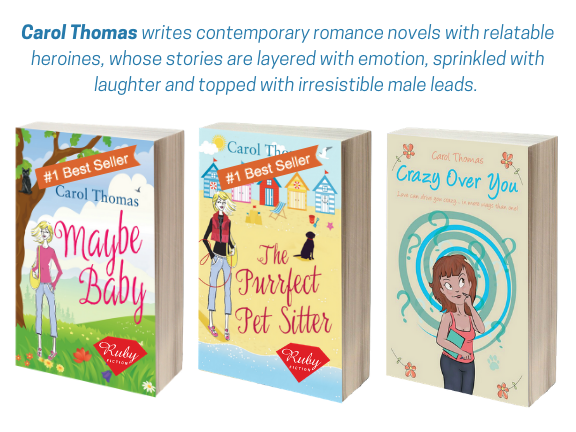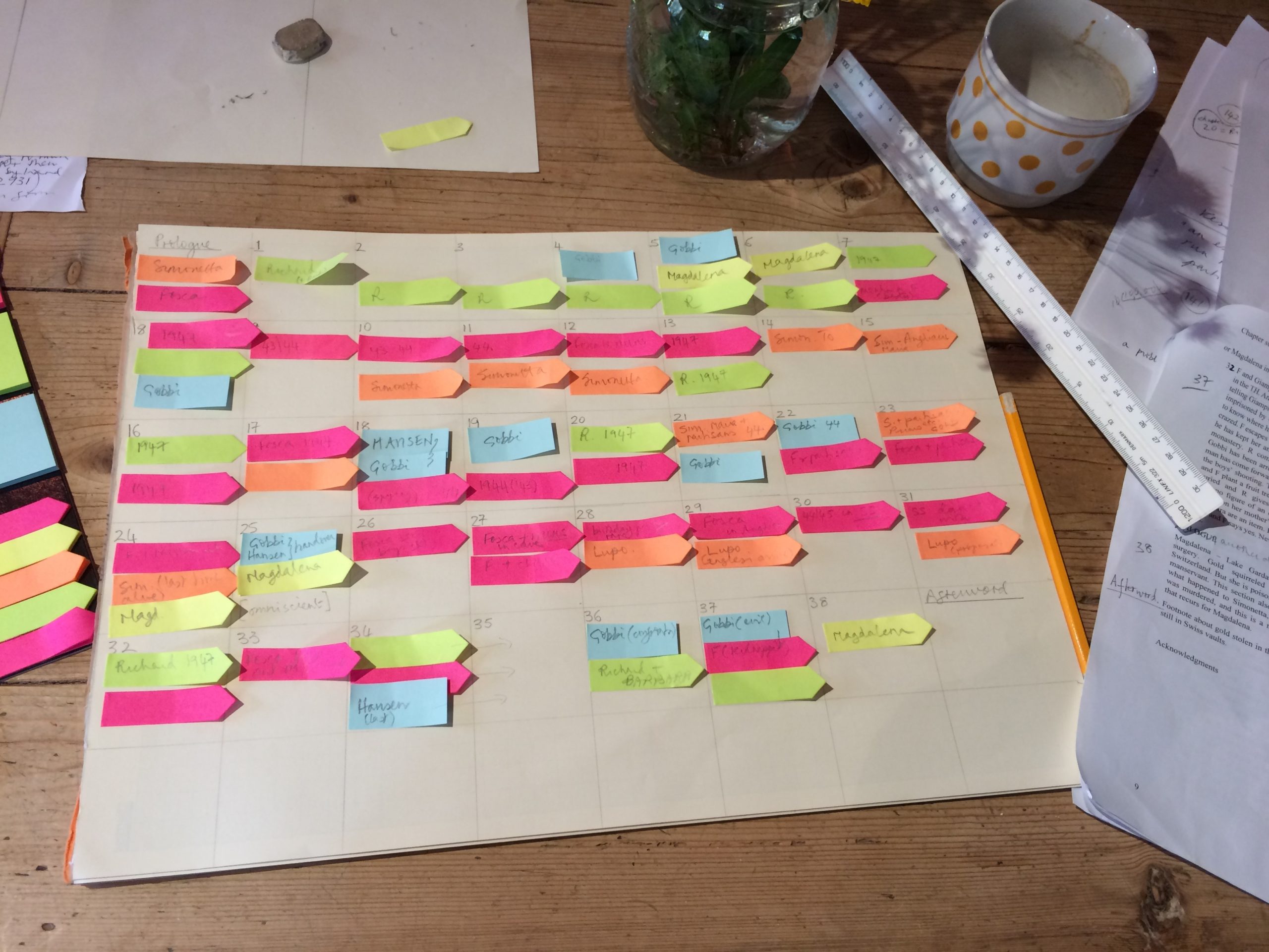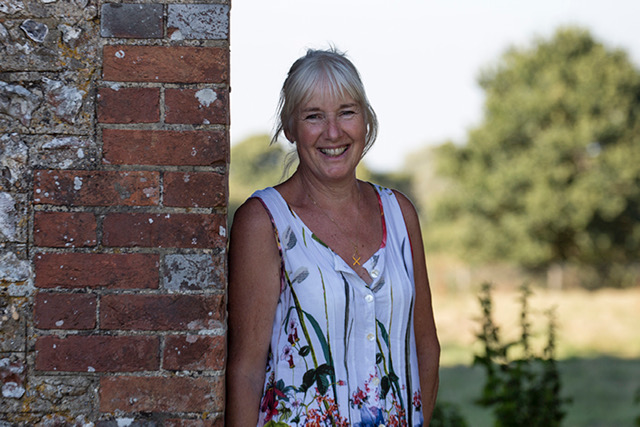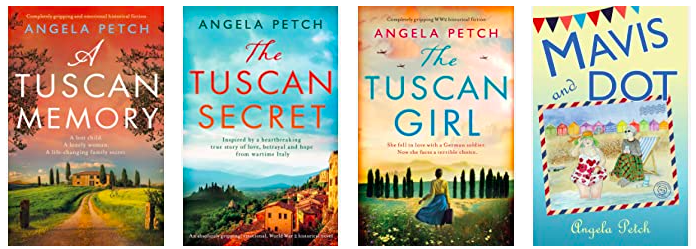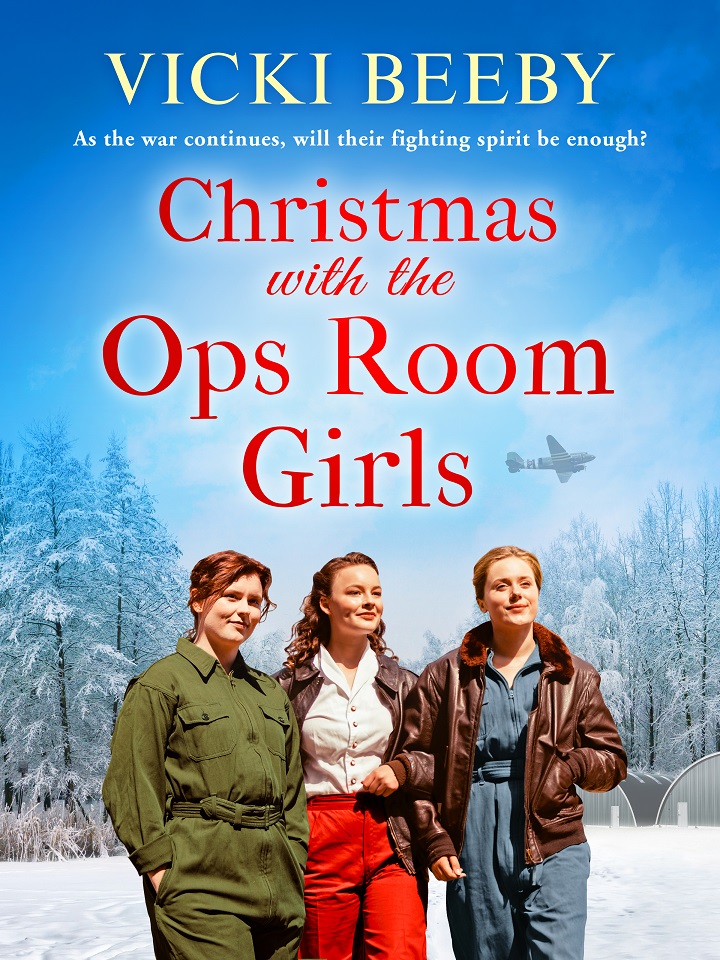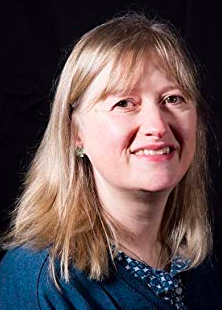How chatting to people helps character inspiration, by Helen Christmas.
My up-and-coming novel is a psychological suspense thriller set in Sussex. In the early days of drafting this story though, my enthusiasm dried up. I lost all focus. Had the plot sketched out, a climatic ending… but couldn’t seem to drive the story forward. Gradually it occurred to me that I hadn’t quite got into the minds of my characters. It took a while to coax them out of hiding and shape them into the amazing people they needed to be.
Talking to professionals really helped to get the inspirational juices flowing, starting with my main protagonist, Maisie, (a girl who is fostered and ends up working in a fostering department herself). So one approach was to contact WSCC and it paid off. I was put in touch with Rosemary Conroy-Smith, who not only advised me on processes and procedures, but invited me to one of their information events. This was a really enlightening evening and I could sense people’s enthusiasm; the valuable service they provide for families and children so fulfilling, I was able to reflect this through my own character.
But also interwoven into the story are Maisie’s memories of a children’s home she lived in, a hostile place where she befriended Joe. He too, is a complex character, a runaway who ends up in all sorts of trouble, before she finds him homeless on Bognor Beach. Writing Joe’s story was fun, but it took a chance meeting with a local man (with a similar background) to gain some insights into his character. I have author, Dan Jones, to thank for introducing me to his friend, Graham, and describing his work in children’s homes.
Furthermore there is a police investigation at the heart of this book, and when I started to lose momentum I spoke to two senior officers, (one from the Metropolitan police who handled similar cases to the one I was writing about). Two conversations later, I had all the inspiration I needed to finish this; from interviewing suspects to home searches and gathering evidence. Later down the line, as I was nearing the climatic finale of my story, I spoke to former Sussex Police Ops Controller, Andy Kille, who offered some great tips on procedures and helped me to visualise that all-important ending.
Writing a thriller, it is essential to get police procedures right, so everything came together and by October 2020 I had completed the first draft. Deep in my heart, I knew I had a good story – but the people I interviewed were the driving force behind my characters and their motivation. I have written more in depth stuff about my characters on my blog, articles that not only discuss the story, but hope to raise awareness of some of the complex emotional issues that affect people today.
Lethal Ties will be published April 18th 2021 and is available to preorder on Amazon:
The Blurb:
A haunting vision. A spine-chilling nightmare. A missing boy.
When Joe, Maisie and Sam met in a residential children’s home, they pledged to look out for each other; three friends who were inseparable until the night Sam went missing…
Twenty years later, Maisie suffers flashbacks, unable to understand what lies at the root of her recurring nightmares. Shocked to find Joe, homeless on Bognor seafront, she helps him turn his life around, but it doesn’t seem long before their past comes back to haunt them.
What really went on at Orchard Grange all those years ago?
Where did Sam go?
Only he can provide the answers but they need to find him.
Within weeks of Maisie and Joe being reunited, however, a series of eerie events rips the fabric of their world. A mysterious black car is tailing them. A campaign of online abuse makes Joe wonder if his enemies are still around. He has never forgotten Mr Mortimer from the children’s home, but a shocking attempt on his life launches a police investigation.
Lethal Ties is a tense psychological thriller, an untangling of secrets with an utterly chilling twist. Purchase here.
About the Author:
I am creative, ambitious, and enjoy working from home with my husband, running our web design business. I love where we live and with a passion for walking and photography, found inspiration to base my novel in West Sussex. I am also active on social media, I write a blog and like networking with other authors. In 2017 I completed a mystery thriller series (Same Face Different Place), but have many ideas for books in the psychological suspense genre. LETHAL TIES is my first psychological thriller, a standalone novel and there is even a little romance woven into the pages.
Discover more about Helen Christmas and her work here: Blog | Facebook | Twitter | Instagram | Website


